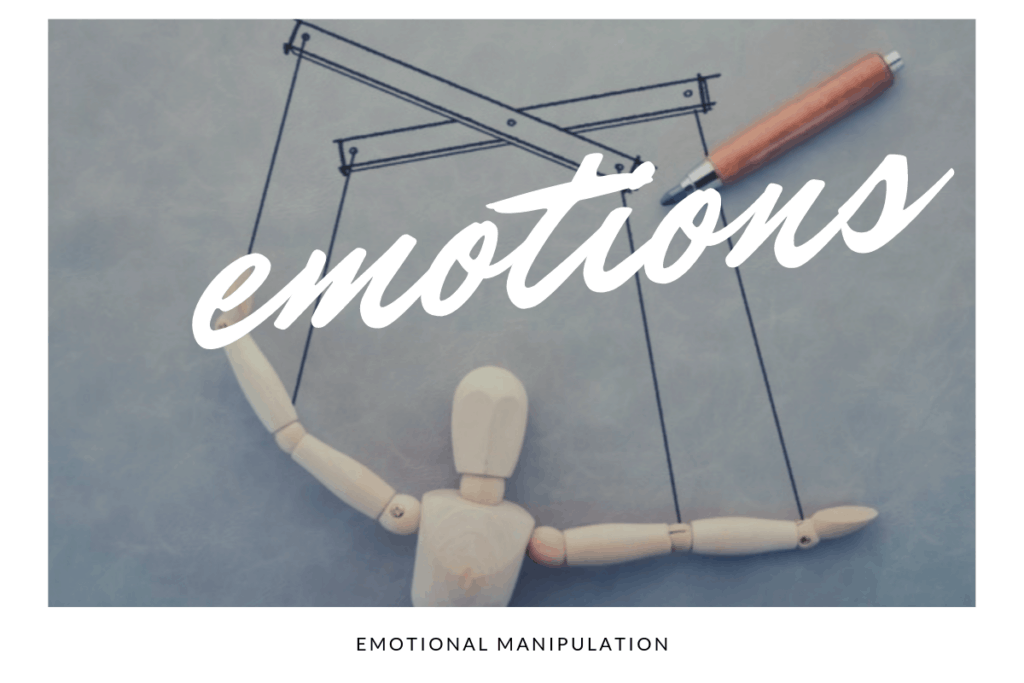
Why emotional immaturity is so common within our relationships and many of us can’t find the proper way to communicate.
So, we often avoid having crucial conversations in fear of expecting confrontation.
Signs of emotional immaturity can present themselves long before a person actually gets into a romantic relationship with their partner. Typically, it is a habit that people have partaken in their whole lives. Childhood traumas could be another reason why we suppress our feelings. Or, some of us were always reprimanded, ignored, or dismissed. The fear of not being heard could be why we as individuals don’t attempt to express ourselves or we think that situation will end as it always has. So, We avoid having crucial conversations in fear of expecting confrontation.
Tantrums, and/or even silence.
People tend to react when they are emotionally immature. This can appear as combative, intrusive, tantrums, and even silence. Too many people who are not emotionally mature have children. It is like a child having a child being that the communication is very facile. Not many people pay attention to these communication deficiencies until serious problems arise and they must address them with their partners. Some of their partners are not receptive or don’t understand how to engage in a conversation without getting defensive or being volatile. In the cases of partners dishing out their best jabs, the aim starts to become about who can hurt who more. Conversations like these don’t promote the longevity of a healthy relationship. Instead, it adds onto the real problems that get ignored.
It doesn’t feel good
It doesn’t feel good to not have your needs met because someone else is incapable of doing so or they simply do not know how to. Not everyone’s intentions are negative. However, the implications of avoiding serious discussions in your relationship can build resentment and tension within the relationship. Many believe that abuse can occur sexually, physically, and verbally. However, it can also occur nonverbally within the silence. Some couples that fight purposefully ignore each other as a way of punishing the other person. In this childish attempt to see who is the ‘weaker’ half, each individual will begin to feel more and more on their own in the relationship. Hence, they might crave reassurance, security, and clarity externally as being ignored for a long period of time can make a person feel lonely. So, they go outside their relationship to friends, family, and even strangers looking for resolve. These unhealthy practices are a byproduct of emotional immaturity and should be addressed early on.
Too Many Kids Have Kids
Looking at all of our relationships, can we answer why we chose to be in those relationships? A lot of people say that they want love and to have someone to complete them. However, they are not quite ready for the relationship. Why? A lot of people approach relationships from a place of lack and codependency. They base their identity upon that person. Then, whenever things don’t work out, they feel as though they are losing a part of them. This can make a person feel out of control. This possessiveness convinces some that their partner will endure all of their toxicity and still be there for them. This mentality of selfishness ends many relationships. It becomes worse when children are born within this dynamic as the selfish individual may begin feeling more lack whenever the one giving is unavailable. It is important to address these issues before having children or getting into a relationship with someone. It will make the process much easier and the relationship much more enjoyable for both parties. Although people grow up and become adults, a lot of their childhood traumas go unchecked and remain in their subconscious mind. These preferences, prejudices, traumas, and feelings can come out as projections onto others.
“Some walk around mad at the world for what they, themselves, can’t handle. Learn to deal with your problems without taking it out on anyone.” – Egypt- TheGoodVibe.Co
Yes, a person is considered an adult when they turn the age 18 typically. However, some people are still stuck with the same ideologies and ways of thinking even when they get older. This is why some adults handle their dilemmas rather immaturely or evade them completely. It is like a child thinking a monster is in their bed, covering their eyes, and hoping the monster goes away. In reality, as an adult, you must face your problems head on. Suppressing them will only make it harder on yourself and others. Individuals who are still battling with their child selves may be unaware that they are doing it, but others who are inclined to see, will see it as transference.
Healthy Relationships Don’t Require Pulling Teeth
Remember when you were a kid and you couldn’t really express your thoughts in a linear, concise way? Your parents likely had to ask many follow up questions in order to gain more understanding and clarity regarding the things you tried to relay. As an adult in a relationship with another adult, asking a dozen follow up questions can become quite frustrating and time consuming. There are usually two reasons this could happen. Your partner doesn’t want to be completely transparent with you because they are hiding something. Or, they can’t formulate the words to tell you what they have to say. Not everyone is a great speaker. So, you must learn patience and give them a bit of time to find an effective way to communicate their points.
Again, some people use silence as a form of punishment or revenge. That person may want to feel needed which is why they take pleasure out of being questioned. They feel as though they can keep you waiting for the answer. This level of emotional immaturity shows someone who lacks compassion. Those with empathy will understand the magnitude of confusion, void, and dissonance that these petty games cause. Emotional maturity is not about blame, point the finger, being right, getting the last laugh, or feeling more needed. It is about understanding that a relationship comprises of team work and consideration. Hence, it is important for a relationship to be equally yoked. Once a person feels that they are giving more, they may become resentful or distrusting of whomever they are with.
How to Combat and Prevent Emotional Immaturity
Many couples seek marriage counseling to resolve their issues. However, it doesn’t work for some marriages because they come when it is too late. Marriage counseling or any form of intervention should be done early on as a preventative measure. There are actually many resources available for couples struggling in their union. Alexander Rabinsun and Natalya Shklovskaya- Rabinsun are certified life coaches that help in matters of conflict within relationships. People may find that they still hold onto fears and triggers from childhood, bringing them into their adult relationships. It is effective to receive input from an outsider who specializes in exploring these suppressed facets of the mind.
Practice self-love.
Loving yourself will minimize any emotions of lack. Having expectations are great, but try not to succumb to the disappointment if those expectations are not met by others. Everyone is responsible for how they respond to the situations and people in their lives. Wanting someone to complete you is not the healthiest dynamic to have. It would mean that you are not whole without them. This can promote clingy, possessive, and heavy energy surrounding the relationship. Self-love should be established before entering into any relationship to ensure that a person is entering a relationship for the right reasons. To practice self-love, do activities by yourself and for yourself. For example, take yourself on a date to the movies. Learn to enjoy your own company. A dire need to have someone could signal issues pertaining to abandonment, avoidance, etc. It’s important to resolve any inner conflict with self before becoming serious with someone else who may be dealing with their own dilemmas as well.
Emotional Maturity also requires humility and self respect.
Know thyself and what you are willing to accept from others. Having regrets in your relationship is the worst. Sometimes, people compromise themselves to make a relationship work. A healthy relationship is fulfilling and helps maintain one’s peace of mind. It is okay to be wrong about something. Practicing humility will show the other party that you are accountable. This is where integrity should override pride. So, be honest with others and most importantly yourself.
What is healthy relationship?
A healthy relationship requires two mature adults who are willing to put their differences aside and come together for the common good of their union. It is possible to relinquish old trauma and perceptions of the past as they present obstacles to the relationship. Seeking professional advice is effective because there is no bias or prejudice that you may find with family or friends. Be patient in your communication even if the other person is getting defensive. Take time away until they gather their thoughts and are receptive to communication. Dealing with someone wo is emotionally immature can be discouraging and confusing. Hence, this is another reason to get further clarification from a therapist, marriage counselor, or certified life coach.
